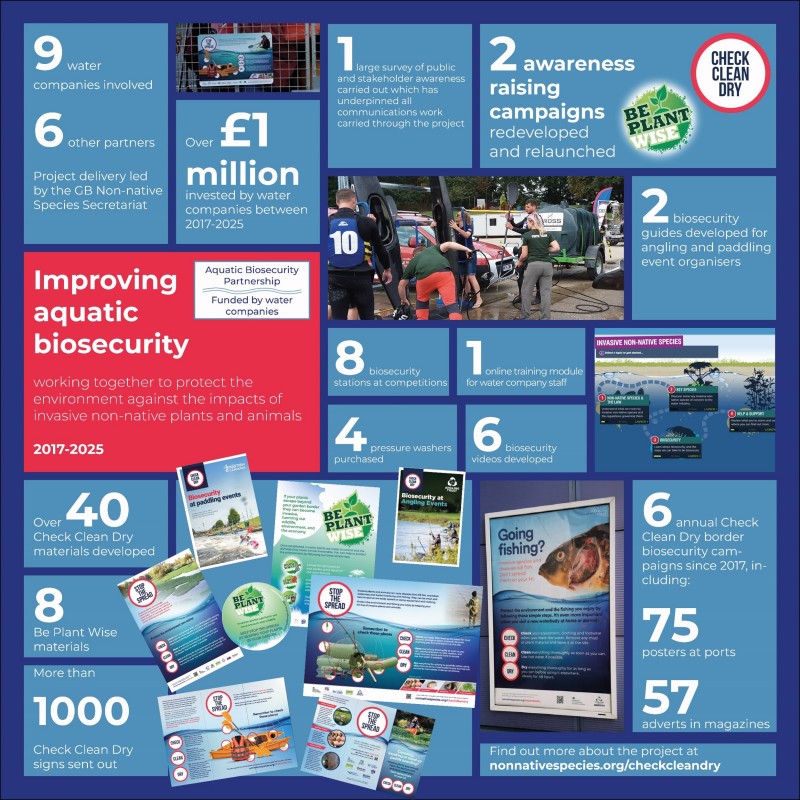Invasive non-native species (INNS) are one of the world’s biggest environmental threats and cost the British economy almost £1.9 billion annually. The cost to water companies is at least £7.5 million per annum, a figure expected to rise as increasing numbers of invasive species arrive in the country.
In order to limit future costs, maintain services and help protect the environment, nine water companies have invested £125k per annum for five years from 2020-2025, to tackle aquatic invasive species in England through an enhanced aquatic biosecurity programme. The GB Non-native Species Secretariat (NNSS) is leading on delivery of the work programme, overseen by a partnership steering group of water companies and key Check, Clean, Dry partners who are contributing to the project through their time and the activities of their organisation. The Check Clean Dry and Be Plant Wise awareness raising campaigns are funded through this project.
The partnership
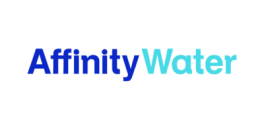

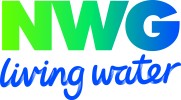

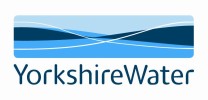
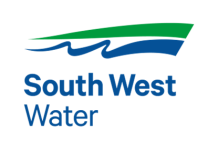
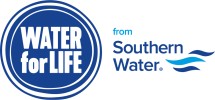
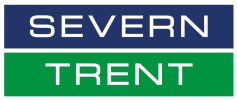

Work programme
The work programme consists of five key areas:
- Border campaign: run an annual six month Check, Clean, Dry campaign at the border from April until the end of September.
- Communications products: continue to improve communications work (for Check, Clean, Dry and Be Plant Wise). Refine our communications products, continuing to develop bespoke materials for key audiences (for example, young water users), and deploy products at optimal locations to influence behaviours.
- Practical biosecurity: provide demonstrations at key sporting events and possibly procure mobile cleaning stations.
- Training: continue to deliver biosecurity training (e.g. for water asset managers, event organisers, and clubs) and develop a network of trainers, talks and articles in specialist magazines. Develop further training materials as required.
- European work: expand the work with Belgian, French and Dutch partners to improve aquatic biosecurity in mainland Europe, targeting key events and the most significant European ports.
Despite Covid-19 impacting on some parts of the work programme, good progress has been made in the first year of the project including the relaunch of the updated Be Plant Wise campaign and development of an event biosecurity toolkit for paddlers (external link).
2017 to 2020: The Check Clean Dry Biosecurity Partnership
This project is building on a previous project which took place from 2017-2020, in which eight water companies invested £150k per annum. The following organisations were involved: Anglian Water, Angling Trust, British Canoeing, British Rowing, Defra, Environment Agency, Northumbrian Water, RYA, Severn Trent Water, South East Water, Southern Water, South West Water, Thames Water, Yorkshire Water.
Key achievements
View the End of Project Report (PDF). Key achievements of the 2017-2020 project include:
- An annual Check, Clean, Dry border biosecurity campaign to reduce the risk of recreational water users introducing new INNS to Britain from mainland Europe.
- An assessment of key stakeholder awareness and behaviour, showing a significant increase in uptake of good biosecurity behaviour amongst recreational water users since 2008, and exploration of optimal mechanisms to bring about further behaviour change.
- Redevelopment of Check, Clean, Dry, creating bespoke materials targeting a range of recreational water users, and dissemination to priority sites, including water company assets.
- Implementation of biosecurity measures at large kayaking competitions, and development of guidance for event managers, including those using water company assets.
- Development of free online biosecurity training for water company staff.
- Collaboration with neighbouring countries to help reduce the risk of introducing yet more INNS from mainland Europe.
